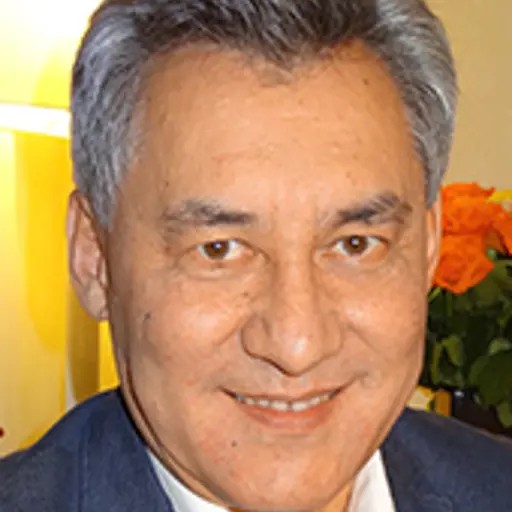Developing quantitative techniques to study cancer evolution
Översikt
- Datum:Startar 21 januari 2025, 14:15Slutar 21 januari 2025, 15:15
- Plats:MV:H12, Hörsalsvägen 1
- Språk:Engelska
Abstrakt finns enbart på engelska: Cancers are evolving systems: they continuously acquire new changes (mutations) that might help them survive and grow. Understanding this evolution is essential for improved prognosis and treatment. However, a difficulty we must overcome in studying cancer evolution is that the information available is often limited (a single time-point) and riddled by noise (poor quality samples). New methods are needed to distinguish noise from real biology and to recover the unobserved underlying dynamics.
In my research, I develop mathematical models and bioinformatic techniques to fill in the gaps in order to learn about cancer evolution from next generation sequencing data. In particular, I focus on questions about how cancer avoid elimination, either by our own immune system or by the treatments we deploy to tackle cancer. In this talk, I will present these two directions through two recent studies.
First, I will discuss a branching-process based cancer growth model we developed to study the cancer-immune interaction under different scenarios. Using this model, we established what the pattern of successful immune surveillance looks like when measured at a single time-point, and explained why this is rarely observed in real sequencing data.
Next, I will present our recent work on monitoring cancer dynamics using blood-based cancer samples collected by collaborators at Sahlgrenska Center for Cancer Research. We carried out model selection and inference and demonstrated that even good responder childhood cancer patients have heterogeneous tumours. Our results also showed that modified treatment schedules can achieve the same benefit with reduced toxicity.
